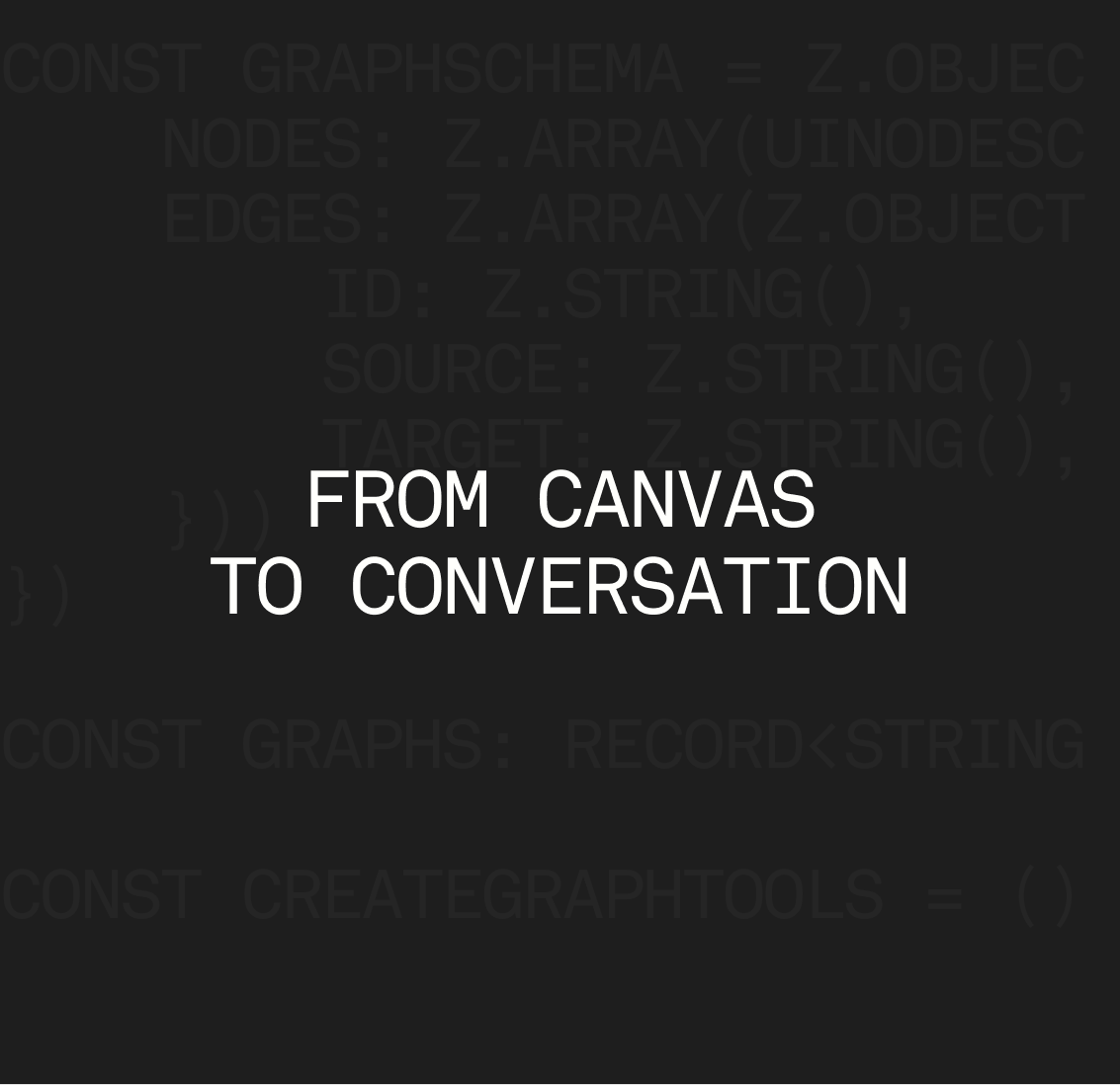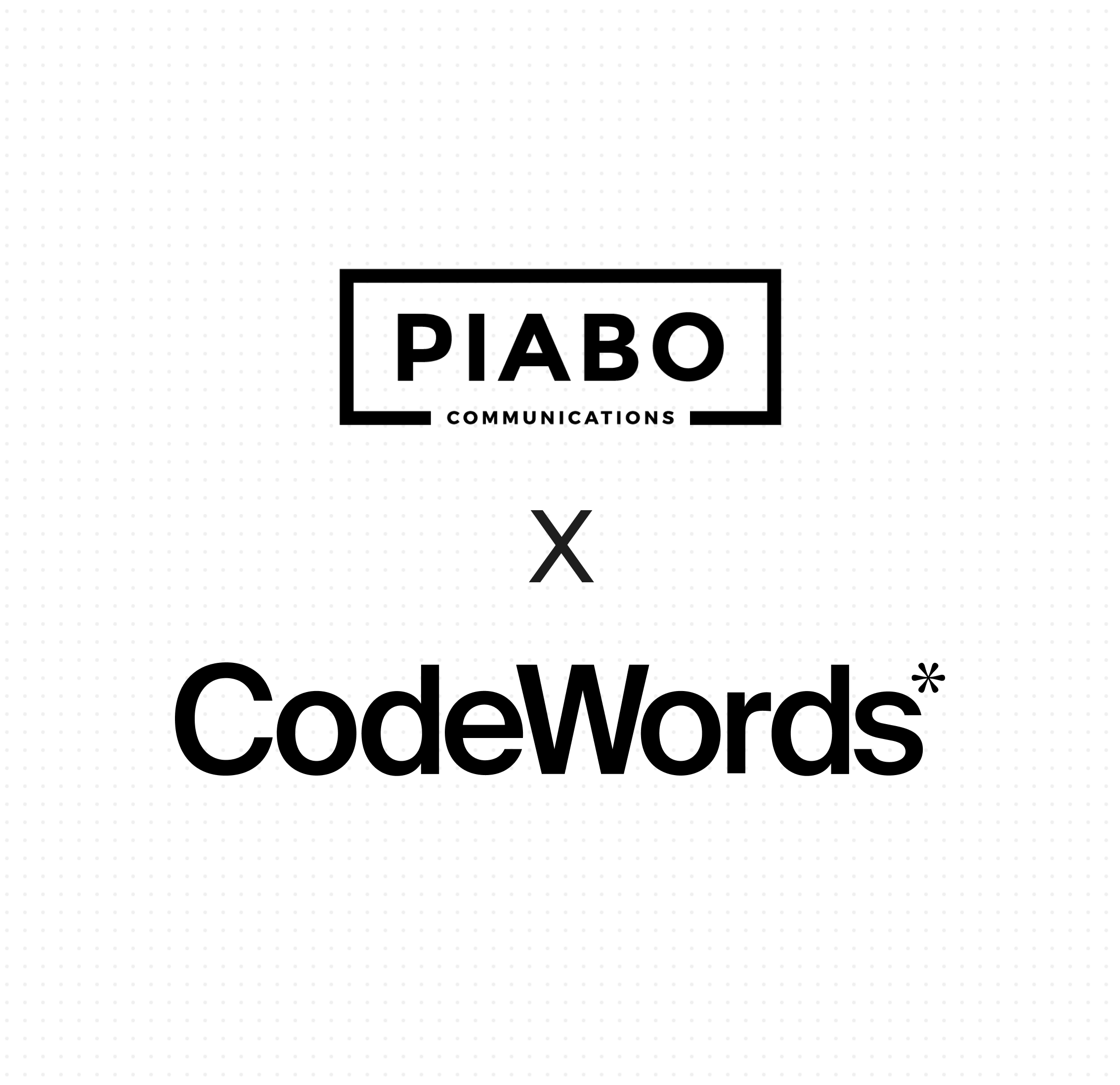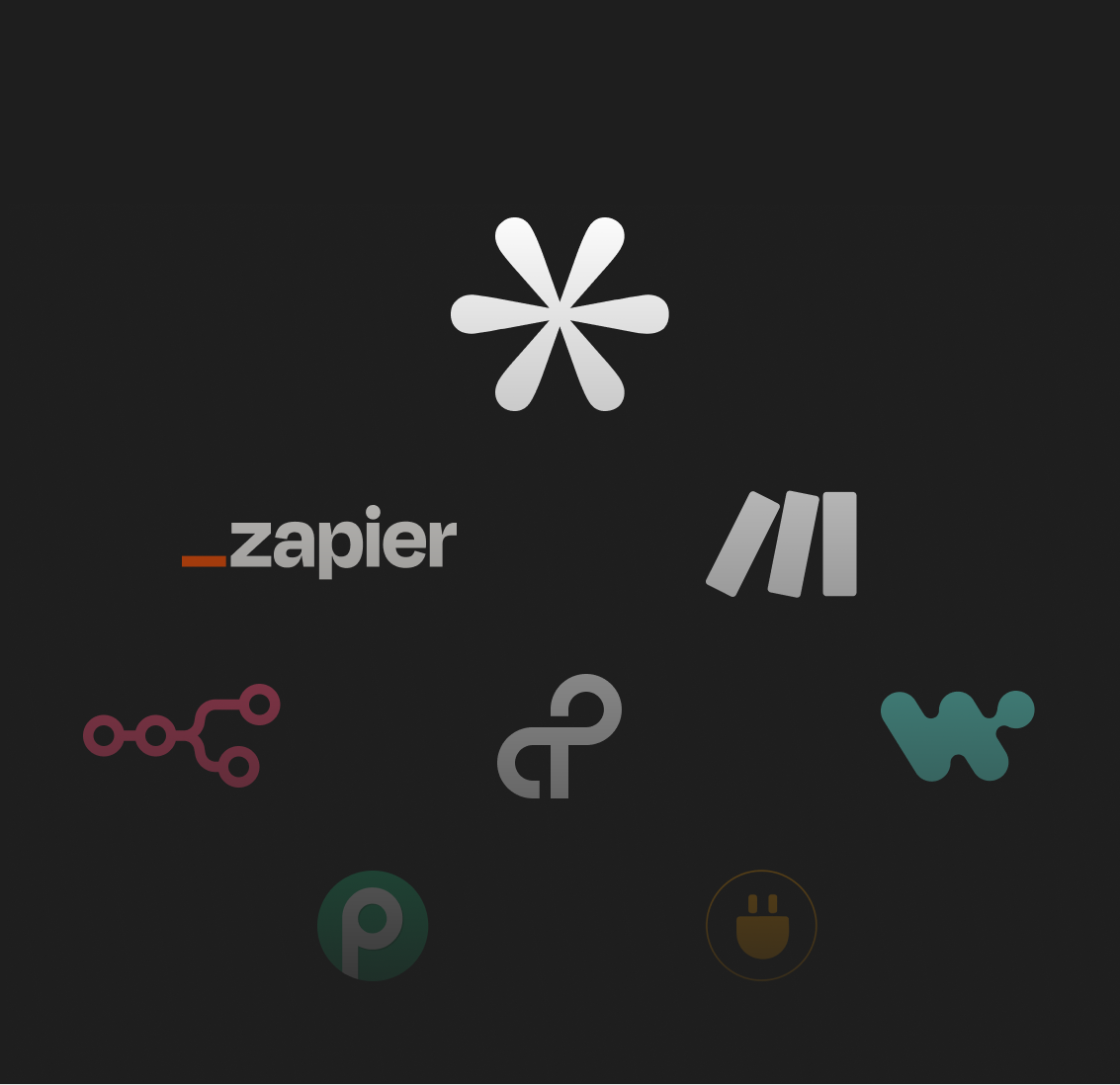The recent launch of OpenAI's Agent Builder has generated a lot of excitement, marking the next step in the evolution of automation. Its powerful visual canvas for creating multi-agent workflows represents an advance in the field of workflow automation, making complex agentic orchestration more accessible.
This evolution invites a bigger question: does the visual builder represent the final destination for automation, or is it a step towards something entirely new?
While tools offering a drag-and-drop canvas are powerful, we believe they are the representation of one paradigm, not the beginning of the next. To understand where we're going, it's helpful to see how we got here.
The evolution of automation: from code to canvas
The journey to democratize automation has been a step-wise evolution.
The code-first era: Originally, automation was the exclusive domain of developers. Writing scripts and connecting Application Programming Interfaces (APIs) offered limitless power but required deep technical expertise, creating a bottleneck for most organizations.
The no-code revolution: Pioneers like Zapier and n8n broke down this barrier. They introduced the visual canvas, replacing lines of code with draggable nodes. This was revolutionary, empowering millions to build simple, linear workflows and connect their favorite apps.
The AI-augmented canvas: OpenAI's Agent Builder represents the next iteration of this paradigm. By adding configurable AI Agents, it gives users "smarter" building blocks, streamlining the process of creating more complex, multi-agent systems. This has immediately broadened the scope of no-code tooling, additionally supporting MCP servers.
Yet, all these solutions share the same fundamental assumption: that the user must act as the architect.
The enduring challenge: the architect's burden
Whether you're writing Python or connecting nodes on a canvas, the cognitive load of designing the solution still is the builders responsibility. This "architect's burden" requires you to know the answers to several complex questions:
- Tool Discovery: Which of the hundreds or thousands of available connectors and tools is the right one for my specific task?
- Logical Sequencing: How should these tools be connected? What conditional logic, loops, and error handling are needed to create a robust workflow?
- Detailed Configuration: How do I manage authentication for each service, map data correctly between steps, and fine-tune the parameters of each node?
Visual builders lowered the barrier from writing code to thinking like a systems architect. This was a huge achievement, but the inherent complexity of architecture itself creates a natural bottleneck. The future isn't just about making the manual design process faster; it's about removing it all together.
The next leap: from architect to visionary
This is where CodeWords introduces a true paradigm shift. We believe the next breakthrough in automation isn't a better canvas; it's the absence of a canvas as the starting point. The future of creation is conversational, moving the user from the role of builder to the role of collaborator.
Instead of a blank slate, CodeWords starts with a simple conversation. Anyone, regardless of their technical background, describes their goal in natural language:
“I want to create a workflow that monitors our main Slack channel for customer feedback. When a message is detected, analyze its sentiment. If the sentiment is negative, create a high-priority ticket in Jira with a summary of the issue and assign it to the on-call product manager. Then, post a confirmation reply in the original Slack thread.”
In the canvas-based world, this prompt is the starting point for the user's work. They must now translate this intent into an architecture and structured workflow.
In the CodeWords paradigm, this prompt is the workflow.
Our agent takes your intent and performs the heavy lifting:
- It plans: It autonomously identifies the necessary components: a Slack trigger, a sentiment analysis model, conditional logic, a Jira action, and a Slack reply action.
- It architects: Leveraging its knowledge of over 2,700 native integrations, it designs the optimal flow, handling authentication and data mapping between services.
- It validates: It runs simulations to ensure the workflow is robust, anticipating potential edge cases and confirming the logic.
- It presents: It generates both a visual graph and the underlying Python code. This isn't a black box; it's a “glass box.” The user gets full visibility to inspect, approve, or fine-tune the result, but the initial creative burden is lifted entirely.
Why this shift matters
By moving from a visual interface to a conversational one, CodeWords is fundamentally changing who can build and how fast they can do it.
For the domain expert: A marketing lead understands the perfect lead nurturing sequence from HubSpot to a sales tool. They shouldn't have to become a workflow architect to build it. With CodeWords, they simply describe the business process they already know, and the agent builds it.
For true democratization: Our goal is to lower the technical barrier to nearly zero. The only skill required is the ability to clearly articulate a goal. This empowers everyone — from legal, to finance, and operations — to build the bespoke automation they need without waiting on engineering resources.
For unprecedented agility: The ambition is no longer just to reduce a multi-month project to a few hours. It’s to shrink the gap between an idea and a fully architected, validated workflow to a matter of minutes.
The industry's journey through visual builders has been an essential and enabling chapter in automation. It has laid the foundation for what comes next. The true revolution, however, lies in shifting the cognitive load of planning and building from the human to the AI.
The future of automation isn't about becoming a better architect of nodes on a canvas. It's about having a conversation with a capable agent who understands your intent and has the power to realize it. That is what we’re building at CodeWords.

From canvas to conversation: Envisioning the next paradigm for AI automation
Visual automation-building platforms lowered the barrier from writing code to thinking like a systems architect. This was a huge achievement, but the inherent complexity of architecture itself creates a natural bottleneck. The future isn't just about making the manual design process faster; it's about removing it all together.

Piabo, the PR partner of global tech giants like Google and Stripe, transformed its internal operations using CodeWords. They built custom tools that automated knowledge management, eliminated manual processes, and empowered their team to work smarter—not harder.
Piabo, the PR partner of global tech giants like Google and Stripe, transformed its internal operations using CodeWords. They built custom tools that automated knowledge management, eliminated manual processes, and empowered their team to work smarter—not harder.
Piabo, the PR partner of global tech giants like Google and Stripe, transformed its internal operations using CodeWords. They built custom tools that automated knowledge management, eliminated manual processes, and empowered their team to work smarter—not harder.
Piabo, the PR partner of global tech giants like Google and Stripe, transformed its internal operations using CodeWords. They built custom tools that automated knowledge management, eliminated manual processes, and empowered their team to work smarter—not harder.

As workflow automation evolves, 2025 brings a range of Zapier alternatives offering better pricing, deeper integrations, and AI-driven capabilities tailored to custom business needs.
As workflow automation evolves, 2025 brings a range of Zapier alternatives offering better pricing, deeper integrations, and AI-driven capabilities tailored to custom business needs.
As workflow automation evolves, 2025 brings a range of Zapier alternatives offering better pricing, deeper integrations, and AI-driven capabilities tailored to custom business needs.
As workflow automation evolves, 2025 brings a range of Zapier alternatives offering better pricing, deeper integrations, and AI-driven capabilities tailored to custom business needs.

We document NeurIPS 2024 and the notable shift in the AI research community: rather than scaling model size indefinitely, researchers are unlocking performance gains through refined post-training methods and smarter inference strategies.
We document NeurIPS 2024 and the notable shift in the AI research community: rather than scaling model size indefinitely, researchers are unlocking performance gains through refined post-training methods and smarter inference strategies.
We document NeurIPS 2024 and the notable shift in the AI research community: rather than scaling model size indefinitely, researchers are unlocking performance gains through refined post-training methods and smarter inference strategies.
We document NeurIPS 2024 and the notable shift in the AI research community: rather than scaling model size indefinitely, researchers are unlocking performance gains through refined post-training methods and smarter inference strategies.

Agemo released arcsolver, an open-source Python library designed to tackle the ARC-AGI challenge by combining large language models with an object-centric framework for visual reasoning, achieving up to 85% accuracy on the public training set.
Agemo released arcsolver, an open-source Python library designed to tackle the ARC-AGI challenge by combining large language models with an object-centric framework for visual reasoning, achieving up to 85% accuracy on the public training set.
Agemo released arcsolver, an open-source Python library designed to tackle the ARC-AGI challenge by combining large language models with an object-centric framework for visual reasoning, achieving up to 85% accuracy on the public training set.
Agemo released arcsolver, an open-source Python library designed to tackle the ARC-AGI challenge by combining large language models with an object-centric framework for visual reasoning, achieving up to 85% accuracy on the public training set.

No-code tools promised accessibility, but often fall short—steep learning curves, limited flexibility, and developer dependencies persist. We’re changing that.
No-code tools promised accessibility, but often fall short—steep learning curves, limited flexibility, and developer dependencies persist. We’re changing that.
No-code tools promised accessibility, but often fall short—steep learning curves, limited flexibility, and developer dependencies persist. We’re changing that.
No-code tools promised accessibility, but often fall short—steep learning curves, limited flexibility, and developer dependencies persist. We’re changing that.